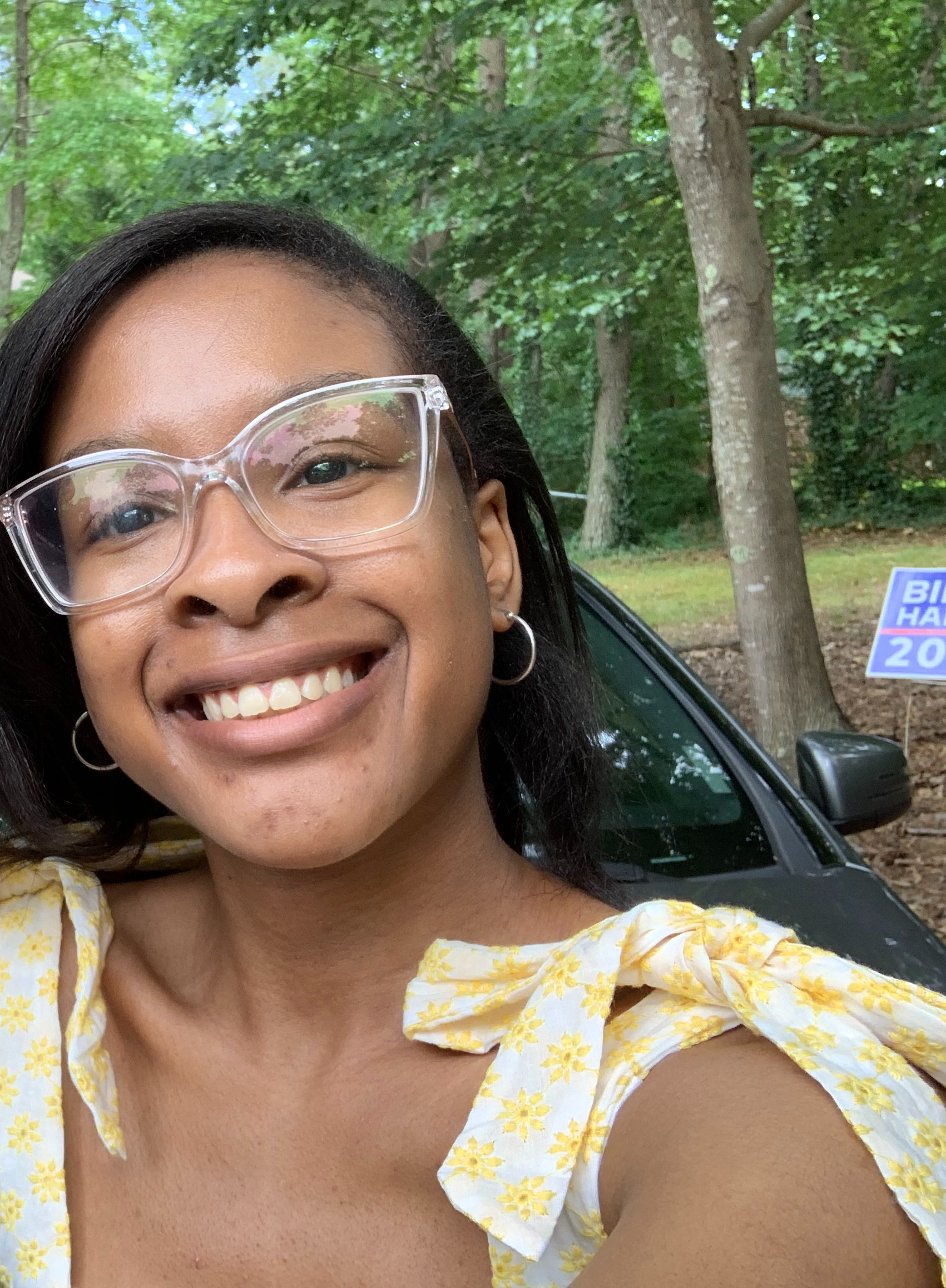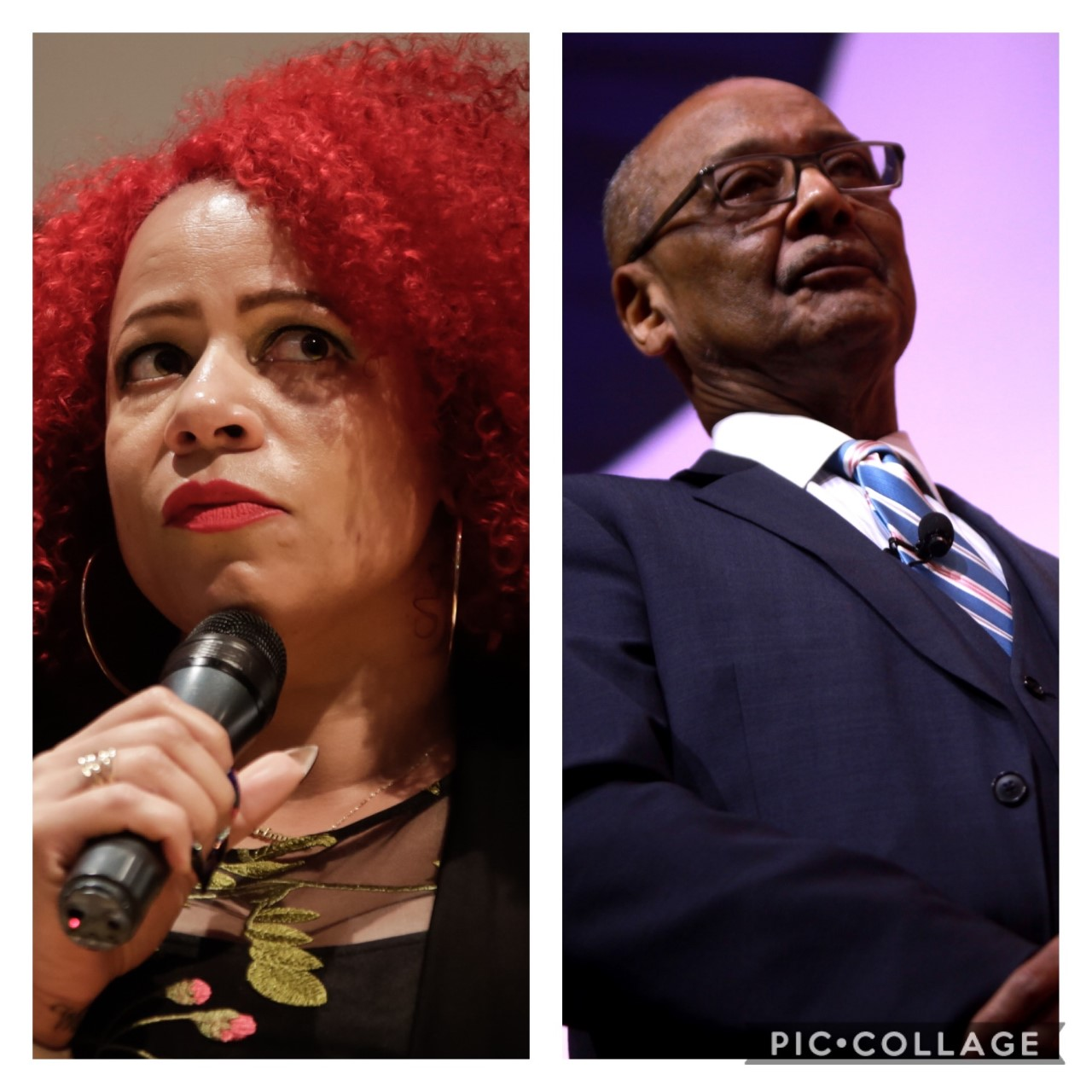American history books and teachings are criticized by some as white-washed, factually incorrect, and little to none in-depth information on non-white American’s journeys throughout the centuries. As a product of the criticism, people created the 1619 Project and 1776 United.
Background of 1619 Project
In August 2019, on the 400th anniversary of the first slaves to American colonies, Nikole Hannah-Jones, an American investigative journalist and staff writer for The New York Times, and others released a special magazine edition named the 1619 Project, commemorating the event and shedding light on the African-American experience.
The magazine edition contained essays, photo essays, poems, and other literary works. The magazine received praise and criticism.
That praise caused the standard magazine edition to collaborate with the Pulitzer Center to make a curriculum to use in American schools.
Many people oppose the curriculum due to its shiftiness, the fear of left-wing indoctrination in schools, and the opinion that the project is rewriting American history.
The said criticism caused the creation of an opposition curriculum named 1776 Unites.
Background of 1776 United
United States President Donald J. Trump announced on September 17, 2020, an executive order to “promote patriotic education” and criticized the “left-wing mob,” calling them a “radical movement moving to demolish our precious history.”
On the website, there is no clear explanation of the development of the initiative. Instead, it speaks about the movement’s declarations.
According to the website, some of the declarations are to “shape the American future by drawing on the best of its past” and “[seek] decisive action in restoring our people’s confidence and advancing the cause of actual justice in the face of hostile messages that degrade the spiritual, moral, and political foundation of our nation.”
The movement, currently writes several essays much like the 1619 Project and periodically bashes the program.
“Is there some broader aspect of the 1619 Project that justifies a certain slippage between its claims and actual fact?” One article says.
Like the 1619 Project, 1776 Unites are still forming full-fledged curriculums, with the intentions of integrating them into public schools in the United States.
The People’s Response
A Professor’s Point of View
Dr. Kristen E. Duncan, a Professor of Secondary Social Studies at Clemson University, shares her thoughts on both projects.
Duncan first learned about the 1619 Project over Twitter. “Some people that I follow and respect were tweeting about it just before it came out,” Duncan wrote over email.
“I think a lot of us have been craving this,” Duncan wrote when asked about the popularity over the project. “Those of us who focus on issues of race and equality have long known the continuing effects that the institution of chattel slavery has had on this nation and African-Americans in particular. I was excited to hear this conversation go mainstream,”
Duncan had a very harsh opinion on 1776 United. “I think 1776 United is propaganda,” Duncan wrote. “It’s cherry-picking facts to pick a particular narrative.”
Duncan wrote teaching like 1776 United is already in classrooms. “A lot of teachers, however, are interested in having honest conversations with their students and teaching towards social justice, so the 1619 Project has already made its way into classrooms,” Duncan wrote.
An APUSH Teacher’s Perspective
Andrew Hunt, a Social Studies teacher at Leesville Road High School, also shared his thoughts.
“There was some discussion about it during the summer of 2019 among us AP US History teachers,” Hunt wrote over email when asked about his first impressions of the 1619 Project. “I read most of it when the NYTimes published electronically.”
Hunt shared his thoughts on history as a Social Studies teacher. “All history is biased. There is no one truth,” Hunt wrote. “My job is to show you multiple reasons for why things happened, to help you see multiple points of view.”
“Your job as a life-long learner is to turn these ideas over in your mind and figure out what it all means for you,” Hunt wrote. “And that should help influence your choices as an adult to be an active citizen in our country.”
When asked about what he thought on 1773 United, he responded with a sentence from the White House Conference on American History. “The history we teach must investigate the core conflict between a nation founded on radical notions of liberty, freedom, and equality, and a nation built on slavery, exploitation, and exclusion.”
Hunt wrote the 1619 Project is already being incorporated into our curriculum. “My daughter has had parts of the 1619 podcast assigned to her in her LRMS history class,” Hunt wrote.
He did not write whether or not 1776 United is in classrooms.
Hunt ended with this sentence. “Neither of these do a perfect job and neither should be considered as a perfect solution to a complex problem,” Hunt wrote. “However, both have elements that should be considered in classrooms across America.”
In the Eyes of a Junior APUSH Student
Savannah Sinor, junior at Leesville Road High School, spoke on her experience in APUSH with the North Carolina Public School System and her opinions on the project.
Sinor writes she fully supports the 1619 Project. “It is a wonderful idea and something that I believe is definitely needed in today’s society,” Sinor wrote. “For far too long have history classes brushed over aspects of slavery and the accomplishments of African-Americans.”
She does not know enough about 1776 United movement to comment on it.
She did, although, comment on the content of her APUSH class. “Mr. Bacon does a wonderful job of showing different groups’ progression in US history during each unit,” Sinor wrote. “For example, in the last unit, my class went over how women, African Americans, farmers, and factory workers each had different struggles during the early 1800s and how they went about solving them.”
Even with her well-rounded class, she thinks history books need to add more information on other groups than it currently does. “I believe it is important to show as many groups as possible throughout history so all people may learn about their history,” Sinor wrote. “For example, my family comes from Irish immigrants who came to the US during the potato famine, but there is little information about these immigrants after the market revolution. I would love to be able to see how this group progressed in time because of my personal connection to them.”
As previously stated, both of these projects are in production, so their full potential and possibilities are still up in the air and up to the American people.

Hey guys! My name is Dayna, and I am the Editor-in-Chief of the Mycenaean this school year. I love reading, cooking/baking, and hanging out with my friends and family!

Leave a Reply